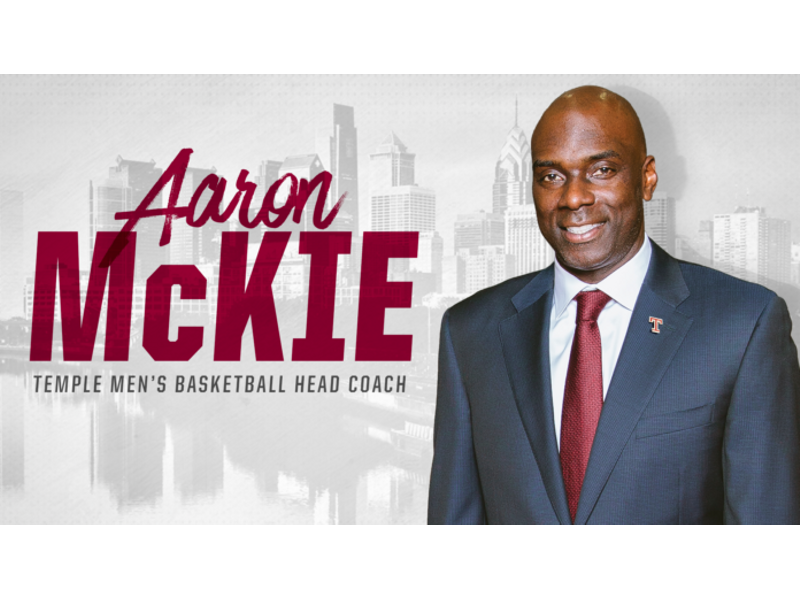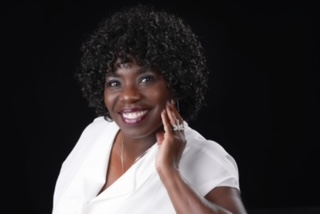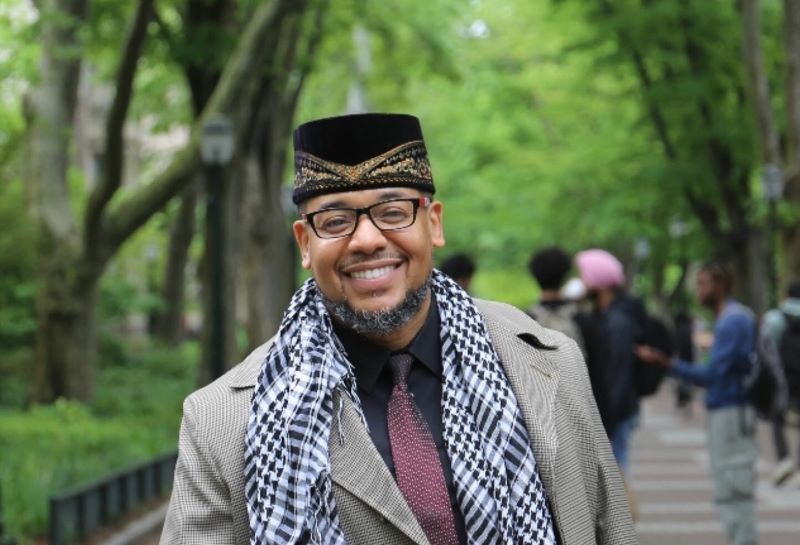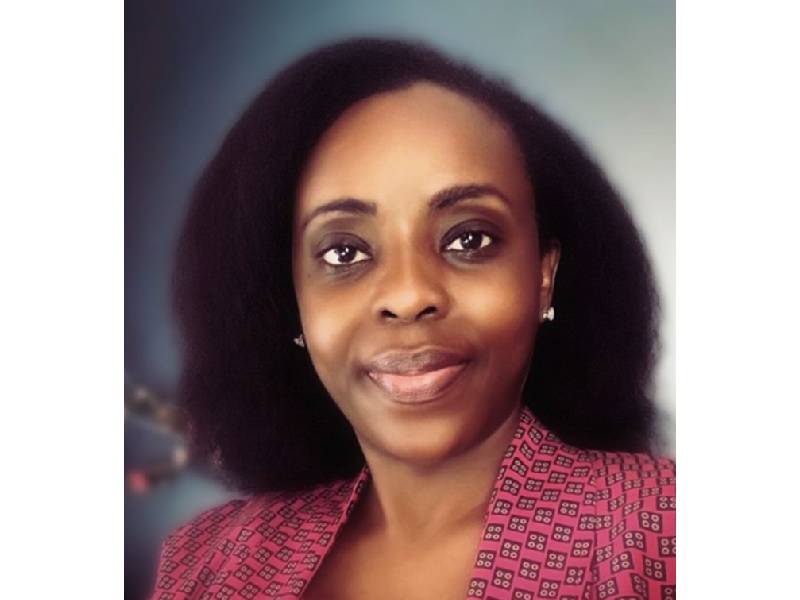Q: What section of the city did you grow up in?
A: I grew up in North Philadelphia, probably about five minutes from Temple’s campus.
Q: How did your experience at Gratz High School and the coaches influence you?
A: It impacted me greatly in a positive way, not just from the basketball side of it, but from the academic side. We had a wonderful foundation and a group of community of people who cared about the kids and wanted us to be successful. They knew that academics had to be our foundation and were held accountable every day. I had a wonderful English teacher, Marcia Bankers, who would sit me in front of the classroom and I had to make sure I did all the assignments.
It was uncomfortable for me because I wasn’t the best student, but it got me out of my comfort zone and helped me understand how important academics was. On the basketball side of it, my high school coach who was a father figure to me. Still to this day, I lean on him for information. He made me be accountable and taught me how to be a leader. Every day, he was all over me and I never understood it as a kid. When I look back at it now, he was molding me to be a leader. Today, you don’t have many leaders coming out of high school and going in the college.
Q: Would you agree that the Sonny Hill League is a Philly treasure?
A: I mean, I can’t say enough about it. It’s where I learned a lot about basketball, competition and I met all types of great people. The Sonny Hill League was well before its time. We competed because everybody from all the various communities in North Philly, South Philly, West Philly, Northeast and we had a team from New Jersey so we got to play against all of these guys. What made the League really great was the people that they had working. There were these great men who volunteered their time to help the kids. That’s how a lot of us were able to go on to be successful not just playing basketball, but just in life.
Q: When you read the news stories in terms of the violence in Philadelphia and other large urban areas, what do you think is missing in the lives of so many these young men?
A: It is sad we are under-resourced in the inner city. A lot of what we have, at least what I had growing up, were after school programs, city recreation centers, Boys’ and Girls’ Clubs and the Sonny Hill League, all these were outlets for kids. With all of those things stripped away, the kids have a lot of idle time. It’s no good for anybody. And, I think we have to get back to a village model. So when you step out in your neighborhood, you’re consistently getting the same positive messages, that’s what was done for me. I was consistently getting, the same message from all of the parents and the people in the neighborhood. And, we have gotten away from that era.
So there’s a disconnect, a lack of respect and a lack of discipline. And, when the positive resources are not there, there is no hope. We’ve got to be able to put these kids in a situation where they see some hope. And I think that would inspire them to want to do more and be better.
Q: If you found an opportunity to talk to the mayor and the current recreation commissioner would you share some of these ideas with them regarding making more after school resources available for our young people?
A: Honestly, I shouldn’t have to tell them that. I’m a basketball coach and I want to have an impact with kids’ lives through coaching the game of basketball. That’s their job to know what to do. But, I wouldn’t mind sitting down as part of a round-table discussion with the right people seated at the table to discuss the issue.
Q. Who was your most influential mentor?
A: John Arnett was my Sonny Hill League coach. The Sonny Hill coaches were patient with us. They taught us life lessons over and over but there was a discipline that was involved. If you got out of line, there was a discipline that was involved. If kids get to be 17 or 18 years old with unchecked behavior, it will catch up to them as they get older. And, our society is not going to give them a second chance.
Q: What are some of your overall career highest game stats?
A: I prided myself on being an overall basketball player, whether it was rebounding, passing or scoring. I never wanted to be seen as a one trick pony. I was a versatile basketball player, I was multifaceted.
Q: How long were you in the NBA? What teams did you play for?
A: I played 13 years in the NBA. I was drafted by the Portland Trail Blazers. I played for the Detroit Pistons. I played for the Philadelphia 76ers and I played for the Los Angeles Lakers.
Q: How does it feel to return to college basketball and to your AlmaMater after being in the NBA?
A: It is a dream come true on so many levels because I get the opportunity to coach young kids. I get a chance to help them grow and better their lives. I am now doing what was done for me. I’m just trying to mimic what my coaches and my mentors did for me. I’m trying to mimic it with the kids, but I have now.
Q: What can we expect from the Temple Owls, with you as coach?
A: Guys playing hard, competing, sharing the game and having fun. We want to have fun. We want to be competitive, but of course, we also want to win.
Q: What career advice do you have for young ballers? Notjustabout the game itself, but also the business of professional basketball.
A: Follow your dreams and you work hard and I think you will get what you want out of life. But it’s not always about spending 13 or 14 years in the NBA. It is about finding your space in life.
Q: As a Black successful man of influence, what responsibility comes with your success?
A: As much as I don’t believe that athletes and entertainers should be role models. We are! It is part of a responsibility that you have being successful because people aspire to be like you. It’s walking the walk and talking the talk. Everything that I teach my kids is what was taught to me.
Q: If you could do it again, what wouldyou do differently?
A: Nothing. I grew up poor, dirt poor. We didn’t have heat in the house. It took a lot of people to help me get out of that circumstance. But, I also had to do my part. I had to listen and had to work my tail off but I wouldn’t change anything because, again, I’m happy with where I’m at in my life. And, now I’m in a position where I can help others.
Q: Do you think that you being the coach at Temple will help to have a better relationship between Temple and the surrounding community?
A: I hope so, but once again, that’s not my job. We have people in place to do that. I get that basketball inspires people and it’s entertaining. So if I do my part and get a good product out there and it brings people together, then I’m doing my job.





